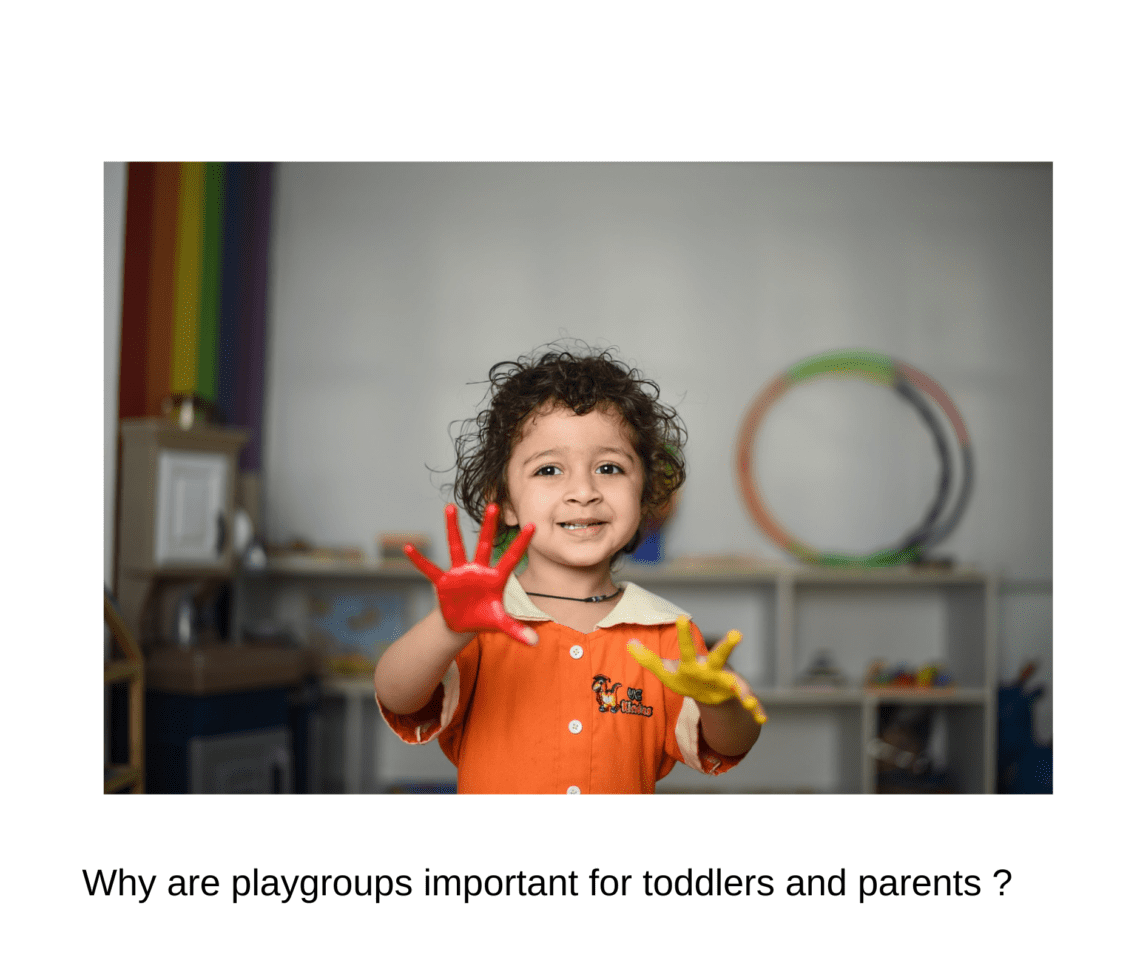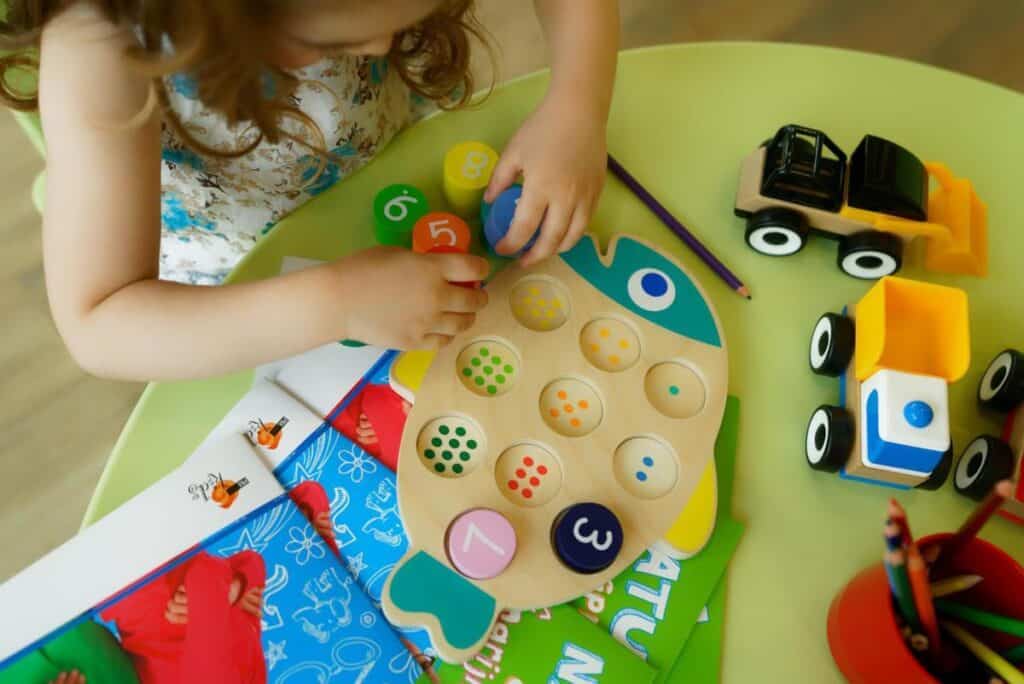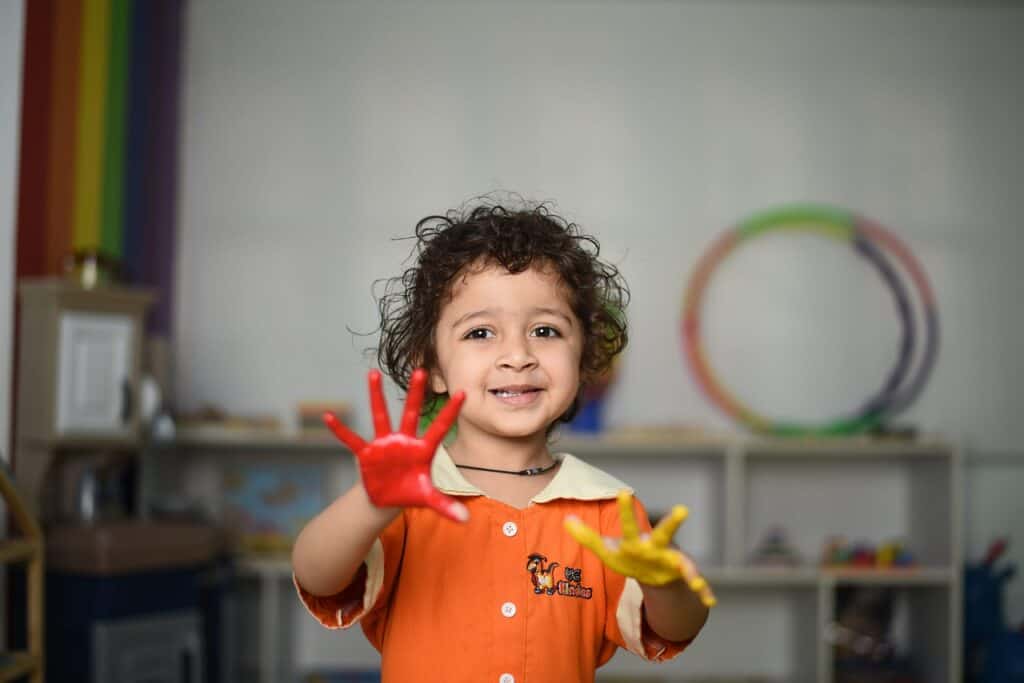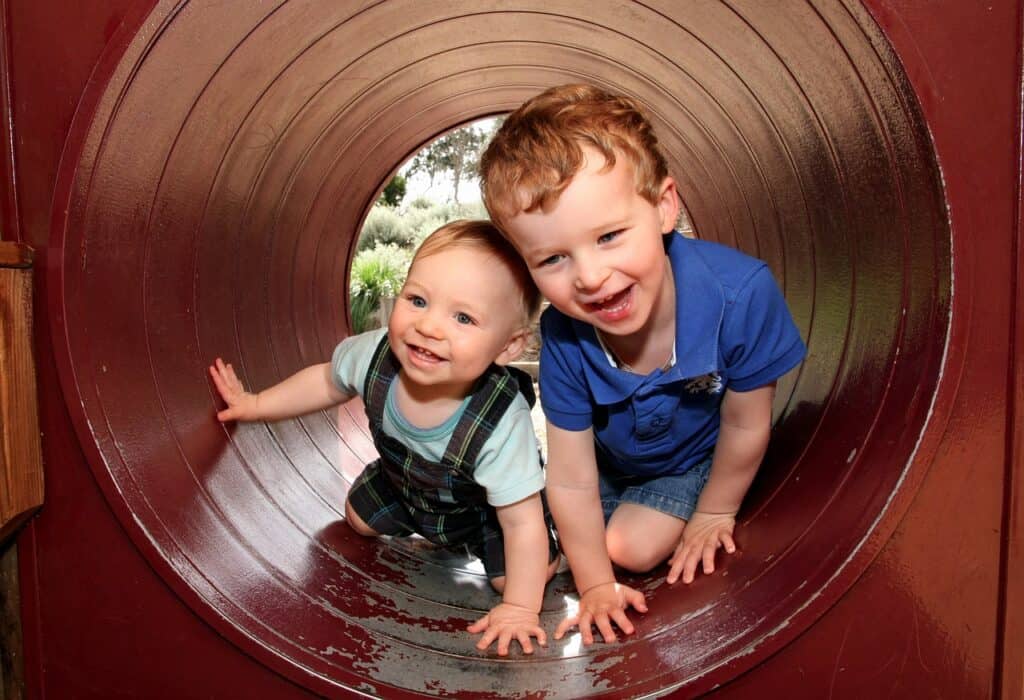
Why are playgroups important for toddlers and parents ?
This is a collaborative post
As many parents are realising, a child’s education starts well before school. Playgroups, therefore, are the perfect learning platform for both you and your little one! With relaxed and friendly environments, playgroups are a great space for kids as young as 6 months old to meet their peers, and for their parents or caregivers to socialise too!
So read on to learn more about playgroups and why so many people consider them an essential part of their toddler’s development.

What is a playgroup?
Simply put, a playgroup is a gathering of children and their parents or caregivers.
While there are informal versions of this, with parents meeting regularly at homes or common spaces, there are also supported playgroups which have facilitators or teachers. Most often, playgroups consist of children of similar ages, that have activities based on the developmental needs of the children that attend. Generally playgroup’s cater to your child’s social, motor, and basic literacy and numeracy skills. Most importantly, playgroups are supposed to be fun!

What is taught in a playgroup?
Most playgroups like to encourage your child’s creativity and exploration, so art time is a common activity. This not only lets your child express themselves; they also learn a number of key skills. This simple activity teaches fine motor skills from grasping tools and coordinating finger movements, and social skills from sharing resources such as crayons, glue, and scissors.
Another common activity is reading time, where caregivers or teachers will read out stories. This is essential in developing your child’s curiosity and love for reading, and also develop their listening and literacy skills. Depending on the ratio of reader to students, it can also help children to recognise letters and pictures.
And of course, perhaps the most important activity in a playgroup is play! Whether inside where kids can take turns playing with various toys and resources, or outdoors where they can enjoy nature and play with balls and skipping ropes, personally directed and intrinsically motivated play is essential for a child’s development. Whether structured or unstructured, ultimately the aim of play is for your little one to interact with other kids and have fun!
What makes a good playgroup?
Like with all educational institutes, there is no one best option that is suitable for everyone, but there are definitely certain things to look out for in a good playgroup for your kids.
- First, evaluate where the playgroup is held.
- Is it a safe and easily accessible place?
- Would you feel comfortable leaving your kid there?
It’s also helpful to have a constant space that you go to regularly to create a feeling of consistency and structurefor your child. And of course, if it’s a fun, with lots of toys, games, and arts and crafts, then it’s a huge plus.
Another key aspect is the involvement of parents and caregivers. A goal of playgroups is not just to be a space for your children to connect, but also for families to find a community. Raising a child is no easy task, and sharing the experience with people who are in similar stages can be truly helpful. Also, this is a chance for your child to interact with other adults, further developing their social skills.

This is an opportunity for you to connect with peers who are experiencing the same struggles and joys of child-rearing, so you want to ensure that parents are not only invited but actively involved in the group.
A playgroup should create a collaborative and inclusive environment where you and your child feel valued and engaged.
Conclusion
While it might be overwhelming to start thinking about your babies’ steps into the outside world, it is a great idea to get a head start. Playgroups are the perfect opportunity for both you and your child to interact with peers and start developing the key skills necessary for future success. So use our tips to find and join a playgroup, and see your child blossom in front of your eyes!


